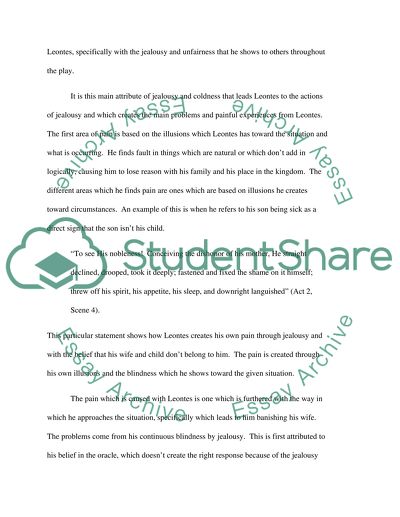Cite this document
(“Shakespeare: The Winter's Tale Thesis Example | Topics and Well Written Essays - 1250 words”, n.d.)
Retrieved from https://studentshare.org/literature/1428016-shakespeare-the-winter-s-tale
Retrieved from https://studentshare.org/literature/1428016-shakespeare-the-winter-s-tale
(Shakespeare: The Winter'S Tale Thesis Example | Topics and Well Written Essays - 1250 Words)
https://studentshare.org/literature/1428016-shakespeare-the-winter-s-tale.
https://studentshare.org/literature/1428016-shakespeare-the-winter-s-tale.
“Shakespeare: The Winter'S Tale Thesis Example | Topics and Well Written Essays - 1250 Words”, n.d. https://studentshare.org/literature/1428016-shakespeare-the-winter-s-tale.


